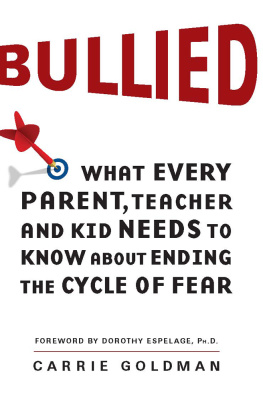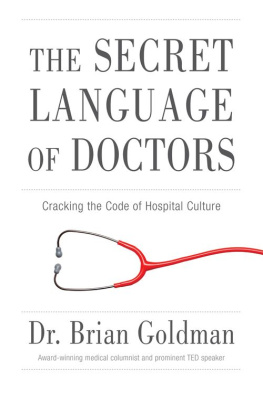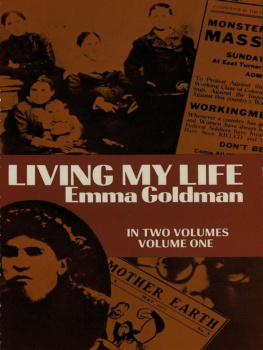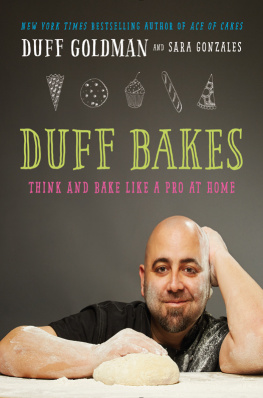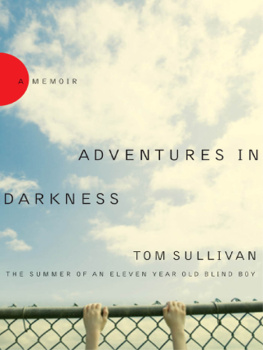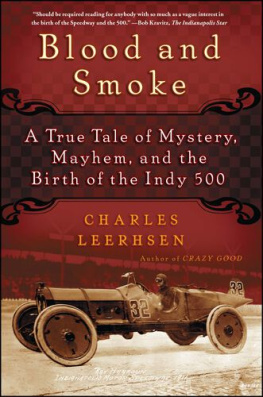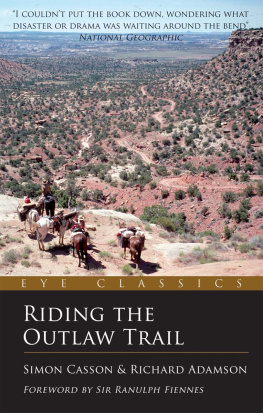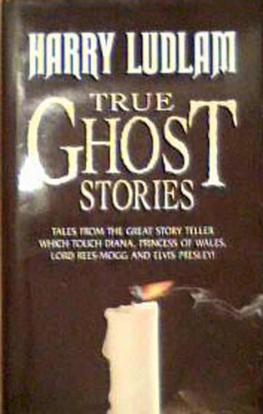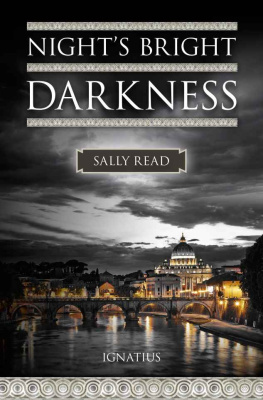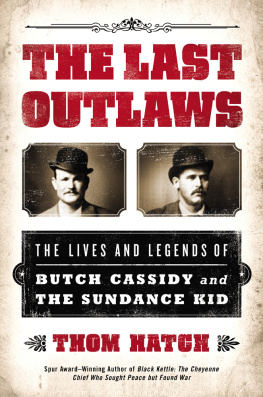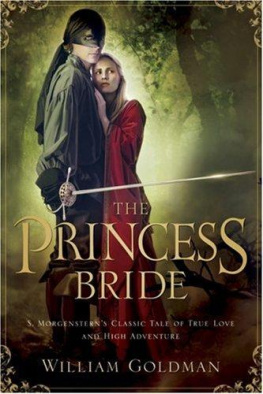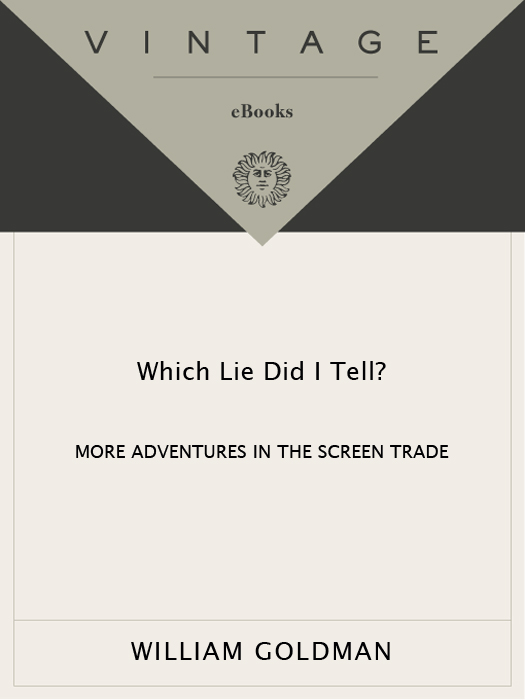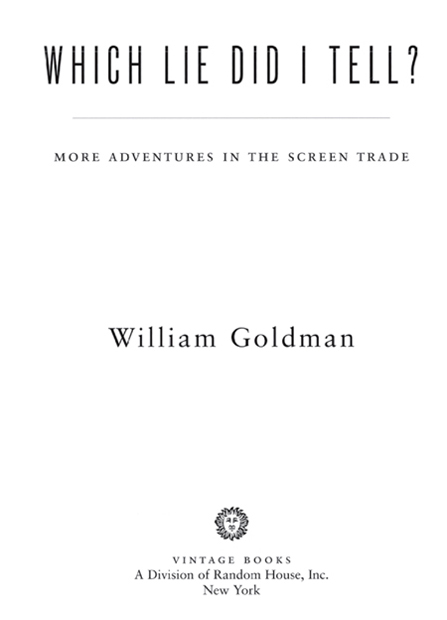Acclaim for WILLIAM GOLDMANs
WHICH LIE DID I TELL?
[C]ompelling full of practical advice for the aspiring screenwriter.
The New York Times
Which Lie Did I Tell? is an invaluable guide for any screenwriterperhaps the best there is. At once anecdotal and anarchic, gossipy and guiding, professional and provocative, it surpasses the justly celebrated original. This is an excellent guide to screenwriting an essential document of the movie industry in the late twentieth century.
The Sunday Times (London)
Required reading for anyone who thinks they want to quit their job and write a script.
Details
[R]ancorous, groovy full of delightfully tough-talking insiderisms.
Newsday
This is entertainingeven by Goldmans usual standards. Just about the most fun you can have reading.
John Cleese
Two-time Oscar-winning screenwriter Goldman follows up his irreverent, gossipy, and indispensable screenwriting bible, Adventures in the Screen Trade (1983), with this equally wise, tart, and very funny account of the filmmaking process.
Publishers Weekly
William Goldman has done it again with his highly entertaining and self-deprecating humor. Hes one of the best writers Ive ever had the pleasure of working with. He takes Hollywood apartwhich, in this case, is a very good thing.
Clint Eastwood
FIRST VINTAGE BOOKS EDITION, FEBRUARY 2001
Copyright 2000 by William Goldman
All rights reserved under International and Pan-American Copyright Conventions. Published in the United States by Vintage Books, a division of Random House, Inc., New York, and simultaneously in Canada by Random House of Canada Limited, Toronto. Originally published in the United States by Pantheon Books, a division of Random House, Inc., New York, in 2000.
Vintage and colophon are registered trademarks of Random House, Inc.
The Library of Congress has cataloged the Pantheon edition as follows:
Goldman, William, 1931
Which lie did I tell? : more adventures in the screen trade / by William Goldman.1st ed.
p. cm.
ISBN: 0-375-40349-3
Includes index.
1. Goldman, William, 1931 Motion picture plays. 2. ScreenwritersUnited StatesBiography. 3. Motion picture industryUnited States. 4. Motion picture authorship. 5. Hollywood (Los Angeles, Calif.)History. I. Title
PS3557.O384 Z476 2000
384.80979494dc21 99-45130
CIP
Vintage ISBN: 0-375-70319-5
eBook ISBN: 978-0-307-76479-9
Author photo Terry ONeill
www.vintagebooks.com
v3.1
For Ingmar and Ernie and Bob
For Bobby and Peter and Scott
For Joel and Ethan and Nora
For Callie and Tony and John.
And Sue
For screenwriters suffering everywhere
(Its what we do)
INTRODUCTION
This book began a decade ago because of one single moment that happened at Oberlin College.
One of the salvations of my life is that I went to Oberlina great school if you dont mind the weather and if youve realized that its okay to be just a little bit strange.
Anyway, there I was back in Ohio and one afternoon I met with a bunch of student writers to answer their questions about Hollywood. I remember the moment so clearly. This girl stood up. Slender, wearing red, so obviously bright and intense, and before she spoke I realized whatever she was about to ask mattered. She was leaning in toward me and she was almost trembling, and when she spoke it was with such clarity and power. These were her words: Mr. Goldman, Mr. Goldman, do you always begin your second theme by page seventeen?
I was so stunned. The question would not stop echoing inside me: Mr. Goldman, Mr. Goldman, do you always begin your second theme by page seventeen?
Because, you see, I didnt know what a second theme was. I literally did not know what language she was speaking. But she had this nugget, this bit of data, and she was going to build her church on itand it would not stand. Her church would crumble the moment weight was applied. (There are, scattered throughout this book, sidebars that deal with specific questions. I wish Id had a sidebar for that girl in red.)
But she made me realize, truly she did, that I would have to write another book about screenwriting. Because movies are not about second themes or about dialogue or pretty stars. Because if screenplays are structure, and they are, then movies are story.
And this is a book about storytelling on film
Its also about the screenwriters life. Has to be. You meet people in this business, and one thing you must know is that just about everyone you come in contact with seems shockingly normal. Executives, producers, directors, stars. Do not be fooled. Since movies succeed by word of mouth, something you cannot manufacture, everyone in the business is constantly in fear of losing their spot by the fire. Since they have no idea what got them there in the first place, this all makes for a certain lunacy and insecurity. (Everyone assumes, correctly, that being writers, we are already loony and insecure.)
I was in Las Vegas once with a producer who was promoting his various projects on the phone. We were in his hotel suite and he clearly wanted me to listen, since he chose not to go into the bedroom. On and on he went, phone call after phone call, spouting inaccurate grosses, potential star castings, stuff like that.
Perversely, since he wanted me to know what a big deal he was, and since I already did know he was an asshole, I decided to hear nothing. I picked up a copy of Sports Illustrated, read for quite a while
Until suddenly I heard my name, whispered sharply, Bill Bill I glanced over and there he was, his hand over the mouthpiece. Then came these words: Which lie did I tell?
Understand, he had no look of shame on his face. This was all said in the interest of accuracy.
Storytellers tell lies too. We must. Story ideas surround us, but they need shading, shaping, climaxes, beginnings; thats our job. What we must try and learn is which are the best lies, best in the sense of helpful. When we try and tell our stories, we all need help. I hope theres some here. For you.
The Leper
[198085]
I dont think I was aware of it, but when I started work on Adventures in the Screen Trade, in 1980, I had become a leper in Hollywood.
Let me explain what that means: the phone stopped ringing.
For five years, from 1980 till 1985, no one called with anything resembling a job offer. Sure, I had conversations with acquaintances. Yes, the people whom I knew and liked still talked to me. Nothing personal was altered in any way.
But in the eight years prior to 1978, seven movies Id written were released. In the eight years following, none.
I talked about it recently with a bunch of young Los Angeles screenwriters, and what I told them was this: If I had been living Out There, I dont think I could have survived. The idea of going into restaurants and knowing that heads were turning away, of knowing people were saying See him?no, dont look yet, okay, now turn, that guy, he used to be hot, cant get arrested anymore, would have devastated me. In L.A., truly, there is but one occupation, the movie business. In New York, the infinite city, were all invisible.
Example: my favorite French bistro is Quatorze Bis, on East Seventy-ninth. Best fries in town, great chicken, all that good stuff. Well, I was there one night last year when another guy came in, and we had each won two Oscars for screenwriting, and we lived within a few blocks of each other


